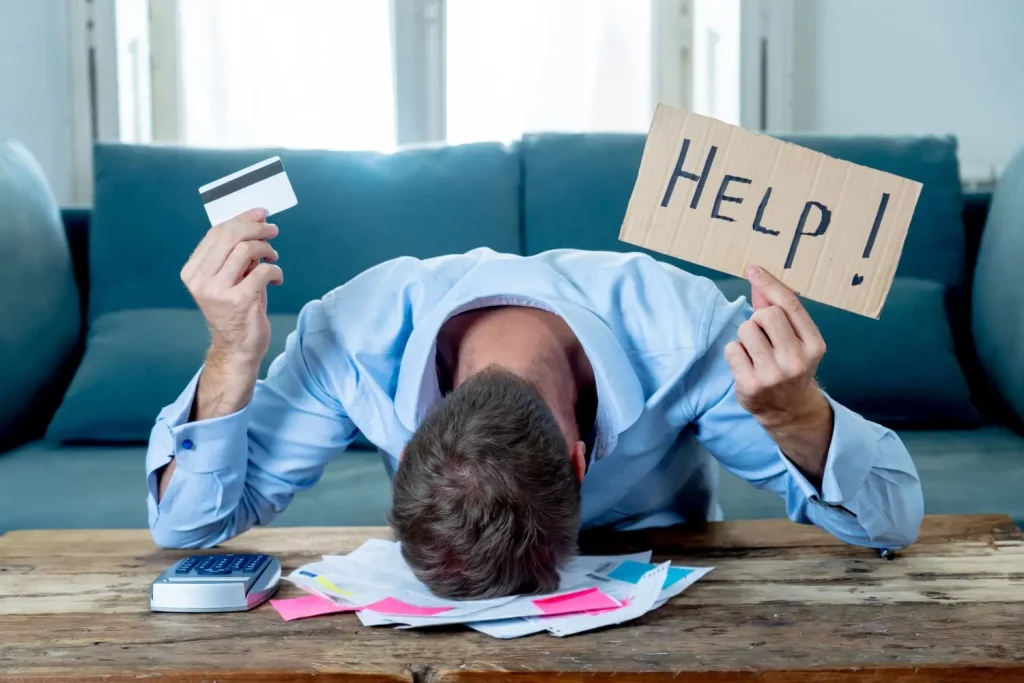Whether you’re recovering from debt, or just looking to secure your financial future, understanding credit and how it works sets your foundation. Sometimes, though, learning what not to do is just as important as knowing the best practices.
In this blog, we’re going to explore the top ways people can unintentionally destroy their credit score. By the end, you will have all the information you need to avoid these pitfalls and protect your credit.
Key Points
- Closing Your Oldest Credit Card
- Too Many Credit Inquiries
- Maxing Out Your Cards
- Missing Payments
- Inactivity on Your Accounts
- Navigating Your Credit Journey: A Path to Recovery and Stability
1. Closing Your Oldest Credit Card
The length of your credit history matters. It accounts for 15% of your credit score. When you close your oldest credit card, you shorten this history, which can have a negative impact on your score. It’s like erasing the longest chapter of your financial story.
Better Move
- Keep your oldest accounts open, even if you’re not using them frequently. They’re the bedrock of your credit history.
2. Too Many Credit Inquiries
Each time you apply for credit, there’s a hard inquiry on your report. While one or two won’t hurt much, several inquiries in a short period can raise flags and damage your score.
Better Move
- Apply for new credit sparingly and only when necessary.
3. Maxing Out Your Cards
Credit use – the ratio between your credit card balances and your credit limits – makes up 30% of your score. The further your credit balance eats into your credit limit, the more it looks like you’re over-reliant on credit, which can be a red flag to lenders and push your credit score down.
Better Move
- Keep your credit use below 30%, and ideally under 10%, and combine this with predictable repayments. This shows that you’re a reliable borrower and can have a really positive impact on your credit score.
4. Missing Payments
Your payment history is the biggest, most important part of your credit score, contributing 35% to the overall rating. Late or missed payments can stay on your credit report for up to seven years, so it’s really important to make sure you stay on top of this.
Better Move
- Always pay on time. Set reminders or automatic payments if you’re prone to forgetting due dates, and make sure you clear your balance at the end of every month.
5. Inactivity on Your Accounts
Not using your credit accounts for a long time can make it difficult for lenders to assess your creditworthiness. Not only that, but inactivity can also lead to account closures, which may harm your score.
Better Move
- Use your credit accounts periodically, even for small purchases, to keep them active and show that you are on top of your payments.
Navigating Your Credit Journey: A Path to Recovery and Stability
These mistakes are more common than you’d think. If your credit is damaged or lower than the average, it can be really difficult to get financial help when you need it most.
Remember, credit is a tool, not a trap. Used wisely, it can open doors to financial opportunities. But missteps can lead to consequences that take years to fix.
A strong credit score is not only about accessing new credit; it also helps you recover from debt. A healthier credit score can offer better terms when restructuring or consolidating debt, making the path out of debt more manageable.
If you’re struggling with debt and feel overwhelmed, remember, you’re not alone. Our team of licensed insolvency trustees is here to help. We offer personalized advice and solutions that are tailored to your unique financial situation. Reach out to us today, and let’s work together to find the right debt solution to get your financial health back on track.











